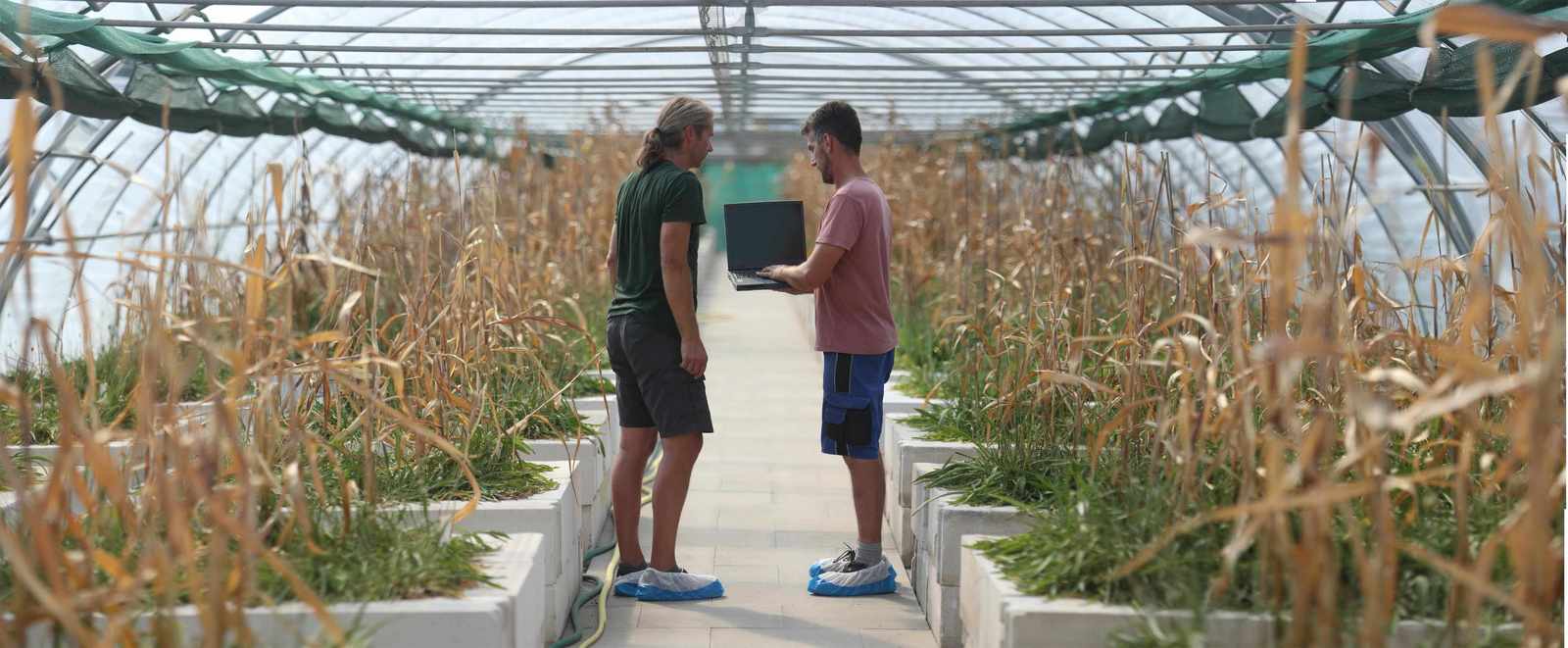Bio-pesticides are becoming increasingly popular among both the general public and pesticide market. In general, these compounds are considered as low-risk and environmentally safe even though no solid evidence can confirm these ideas. In fact, some studies suggest that bio-pesticides might have unexpected toxicity on specific soil microbial groups and that these effects can be transient and/or persistent depending on the product and/or dose used.
In my Ph.D., I am assessing if bio-pesticides are indeed non or less toxic when compared to synthetic pesticides to the soil microbiota.
In my Ph.D. project, we are assessing if these bio-pesticides are indeed non-toxic, or less toxic when compared to synthetic pesticides to soil microorganisms. For this, we are performing a series of experiments including:
- OECD 216 test (the regulatory test that pesticides are required to undergo today) to assess the effects of bio-pesticides on nitrogen transformation and microbial groups involved (AOA – ammonia oxidizing archaea and AOB - ammonia oxidizing bacteria).

- A pot experiment performed in a greenhouse to assess the effects of synthetic and bio-pesticides on soil microorganisms, especially on AOM - ammonia oxidizing microorganisms and AMF – arbuscular mycorrhiza fungi, in the rhizosphere of potato plants. * This experiment is a collaboration with ESR4 – Anna Manukyan

- Microcosm experiment using the specie sensitive distribution (SSD) approach to determine the potential toxicity of bio-pesticides to the soil microbial community (e.g., bacteria, fungi, protists, AOA, and AOB) via amplicon sequencing.

- Microcosm experiment under controlled conditions to assess the effects of pesticide mixtures (e.g., synthetic, bio-pesticide, and their mixture) on soil microbial and nematode communities. ** This experiment is a collaboration with ESR7 – Camilla Drocco

- A pot experiment under controlled conditions to assess the effects of selected bio-pesticides on soil microorganisms in the rhizosphere of cucumber plants in the presence and absence of a target pathogen (e.g., Pythium and/or Rhizoctonia).

Results

Poster


